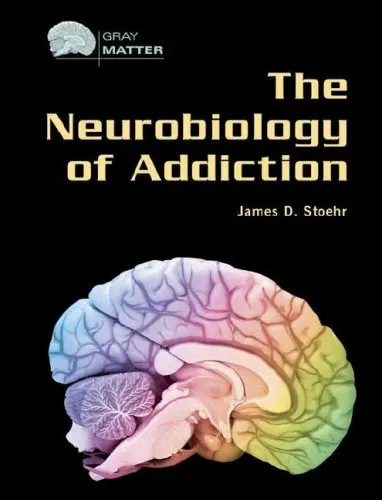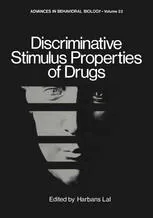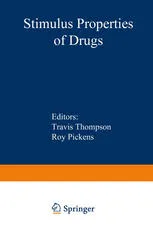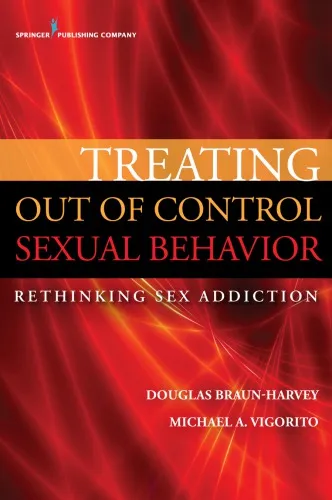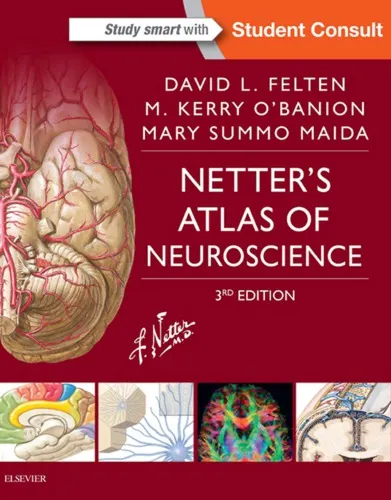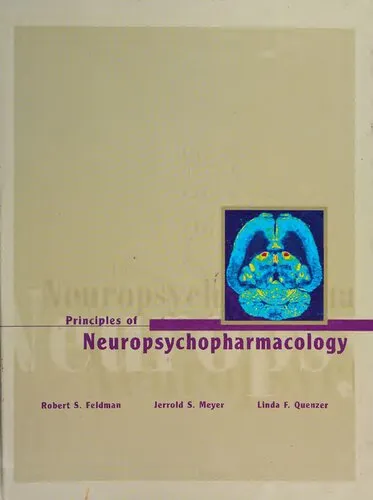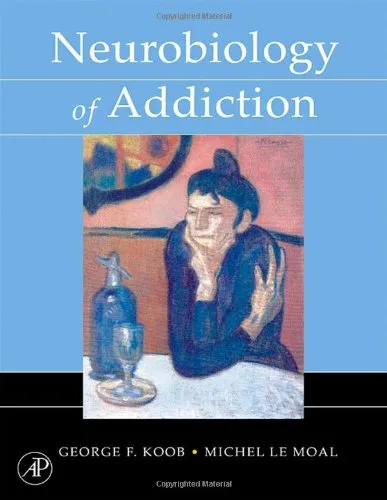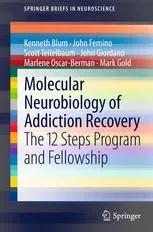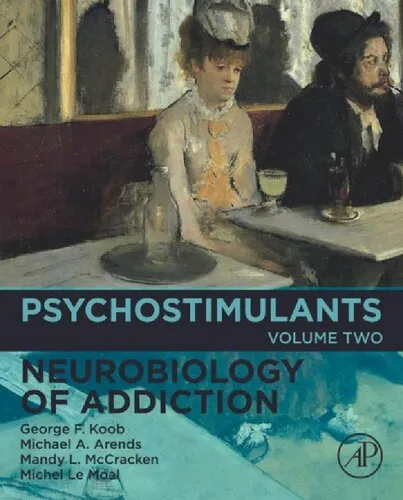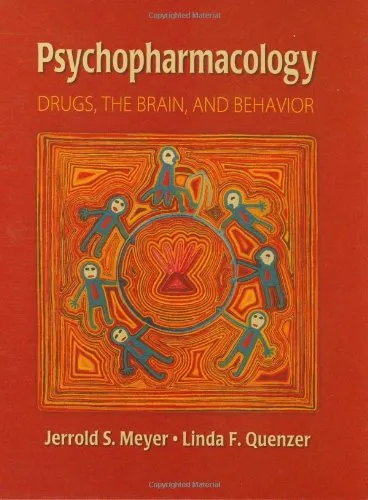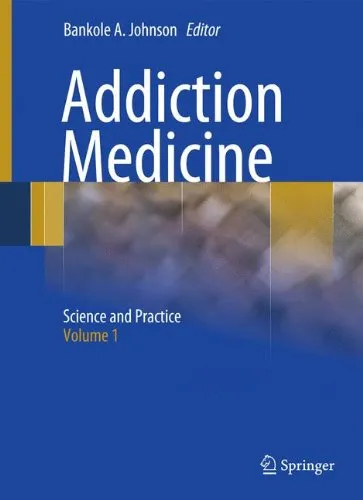The neurobiology of addiction
4.5
Reviews from our users

You Can Ask your questions from this book's AI after Login
Each download or ask from book AI costs 2 points. To earn more free points, please visit the Points Guide Page and complete some valuable actions.Related Refrences:
Introduction to "The Neurobiology of Addiction"
Addiction has long been viewed as a primarily behavioral problem, but over the past few decades, advances in neuroscience have revealed its complex biological underpinnings. In "The Neurobiology of Addiction," I aim to explore the multifaceted nature of addiction, delving deeply into the intricate processes of the brain, the interplay of genetics, developmental factors, and environmental influences. This book unpacks addiction as a disease rather than a choice, offering insights grounded in research and lived experience. By presenting this information, I hope to bridge the gap between science and understanding, inspiring empathy and awareness about a condition that affects millions worldwide.
Detailed Summary of the Book
"The Neurobiology of Addiction" takes readers on a journey through the science behind substance use and compulsive behaviors. The book begins by laying a foundational understanding of how the brain works, highlighting key regions such as the prefrontal cortex, amygdala, and reward pathways dominated by dopamine and related neurochemicals. These brain systems are integral in both survival-driven behaviors and the mechanisms that foster addiction.
Subsequent chapters delve into topics such as the genetics of addiction, showing how inherited susceptibility interacts with an individual's environment. The role of stress, trauma, and early childhood experiences is emphasized, demonstrating how adverse conditions create vulnerabilities later in life. Importantly, the book doesn't just focus on substances like alcohol or opioids but also addresses behavioral addictions like gambling, internet addiction, and overeating, highlighting shared neurobiological pathways.
The book also explores the chronic and relapsing nature of addiction, explaining how repeated exposure to substances or behaviors alters brain circuitry, making recovery an uphill battle. Yet, it offers hope by elaborating on evidence-based treatments, notably pharmacological interventions and therapies like cognitive-behavioral therapy (CBT), mindfulness practices, and community-based support systems. By the end, readers are left with a comprehensive and empathetic understanding of addiction as both a personal and societal challenge.
Key Takeaways
- **Addiction is a brain disease:** It arises from the interplay of neurobiology, genetics, and environmental factors, rather than being a moral failing or a simple lack of willpower.
- **The reward system is central:** Dopamine and the brain's reward circuitry are hijacked during addiction, leading to compulsive seeking behavior.
- **Stress and trauma matter:** Early life experiences and chronic stress play a pivotal role in creating vulnerability to addictive behaviors.
- **Recovery is possible:** While addiction fundamentally alters brain functions, neuroplasticity allows for healing with the right combination of support, treatment, and time.
- **Addiction is not just substance-based:** Behavioral addictions share similar neurobiological underpinnings with substance use disorders.
Famous Quotes from the Book
“Addiction is not the triumph of will; it is the surrender of brain systems designed to ensure survival.”
“By understanding the brain’s role in addiction, we can move past blame and into treatment, past stigma and into compassion.”
“Neurobiology doesn’t absolve responsibility, but it reframes the conversation around what support and interventions are actually necessary to help individuals rebuild their lives.”
Why This Book Matters
In an era where addiction continues to devastate individuals, families, and entire communities, understanding its roots has never been more critical. "The Neurobiology of Addiction" is significant because it doesn't just inform—it empowers readers to see addiction through a scientific and compassionate lens. Too often, discussions around addiction are couched in misunderstanding and judgment, perpetuating stigma and, ultimately, sabotaging recovery efforts.
By presenting accessible scientific explanations, this book equips healthcare workers, educators, loved ones, and individuals facing addiction themselves with tools to identify, address, and approach addiction constructively. Further, it contributes to societal conversations, shaping how policies, healthcare systems, and organizations approach addiction treatment and prevention. Ultimately, this book is a call to action, urging readers to shift from blame to support, from ignorance to awareness, and from stigma to solutions rooted in science.
Free Direct Download
You Can Download this book after Login
Accessing books through legal platforms and public libraries not only supports the rights of authors and publishers but also contributes to the sustainability of reading culture. Before downloading, please take a moment to consider these options.
Find this book on other platforms:
WorldCat helps you find books in libraries worldwide.
See ratings, reviews, and discussions on Goodreads.
Find and buy rare or used books on AbeBooks.
1328
بازدید4.5
امتیاز0
نظر98%
رضایتReviews:
4.5
Based on 0 users review
Questions & Answers
Ask questions about this book or help others by answering
No questions yet. Be the first to ask!
